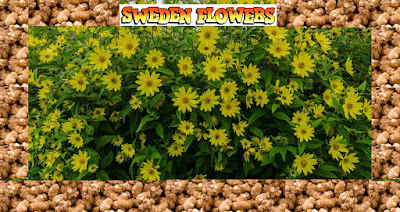 |
| Ginkgo seeds for sale |
The Jammu and Kashmir Medicinal Plants Introduction Centre, was established under the Fruit & Medicinal plants Development Project during the year 2020-2011. The infrastructure, existing as on date, was created over a period of 5-10 years.
Cultivars/Varieties
'Autumn Gold' (perhaps Autumn Gold™) - This male (non-fruiting) selection is common in the trade and notable for its symmetrical crown that is broad and rounded. The mature size is 50' tall with a 30' spread and fall color is an excellent deep yellow.
'Jade Butterfly' - An unusual dwarf, slow-growing form, this plant has bright green leaves and a mature height that is less than half that of standard forms. It's an introduction out of New Zealand that is gaining popularity.
'Magyar' - An introduction that is gaining momentum in the trade, this plant is a non-fruiting male with upright, ascending branching to 60' tall and half as wide. It is well-suited to urban planting as a street tree.
'Pendula' (also listed as f. pendula) - Plants listed under this name are quite variable, with few expressing a strong weeping habit. Most bear branches that are horizontal or droop slightly
'PNI 2720' (Princeton Sentry®) - A very popular non-fruiting male form, this form assumes an upright habit that tapers to the point. It reaches 60' tall, but only 25' wide.
'Saratoga' - Commonly offered, this plant has a strong central leader and an upright, narrow habit (40' tall and 30' tall).
'Variegata' - Many different clones are offered under this name, but most feature leaves that are irregularly streaked with yellow.
Availability : Ginkgo leaf/tea/seed/planting material
Jammu and Kashmir Medicinal Plants Introduction Centre
POB 667 GPO Srinagar SGR J&K 190001
Mob: 09858986794/09419966983
Ph: 01933-223705
e-mail: jkmpic@gmail.com
More details: https://jkmpic.blogspot.com/2020/11/ginkgo-seeds-for-sale.html

















